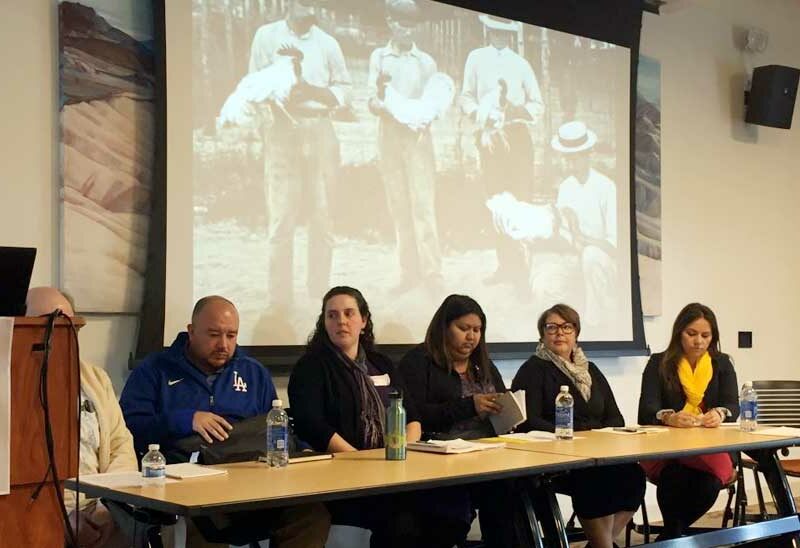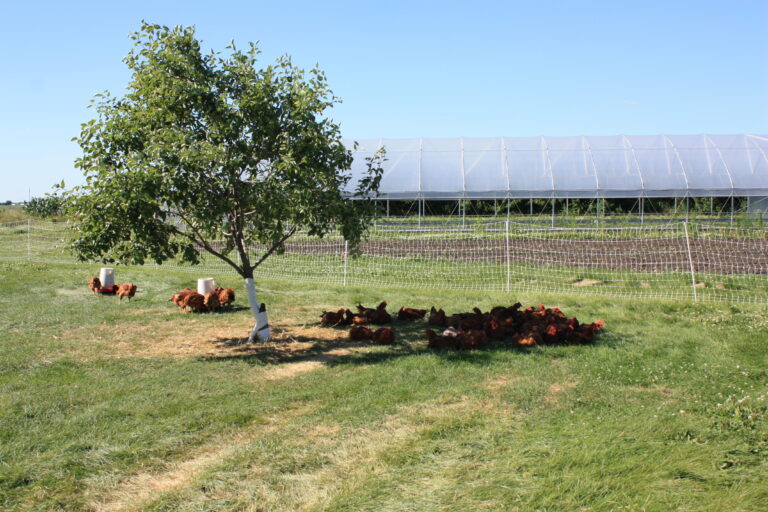On April 1, 2024, Mexico was set to follow through with its 2020 commitment to ban the toxic herbicide glyphosate (the active ingredient in Bayer’s Roundup in the USA and Faena in Mexico) by 2024. When the plan to phase out glyphosate and genetically engineered (GE) corn was originally laid out, Mexico’s government cited the purpose of the new policies as “contributing to food sovereignty and security” and the health of the Mexican people, as well as protecting native corn from contamination by GE pollen. Glyphosate is a pervasive herbicide frequently used on corn and other commodity crops, and genetically engineered corn is often modified to—among other things—be resistant to glyphosate.

News & Analysis
About every five years, the U.S. Congress passes the biggest set of food and farming policies that define the majority of federal farm, food, nutrition, and rural economic programs. At a cost of about $440 billion over five years, these programs influence: What is grown; who grows it; how it is grown or produced; what is done with those products and where they are sold; who can access and afford those goods; and how we invest in rural communities.
By supporting good legislation, opposing bad legislation, and building up a network of supporting organizations, it is our hope that we can collectively move the needle on farmworker rights in the right direction.
Watch and listen as two experienced farmers share stories and practical approaches for small-scale, diversified farms that use the principles of agroecology. This discussion may provide you with ideas that small farms where you live can adapt and thrive.
After many long days of negotiations, the U.N. Environment Programme (UNEP) made a historic move for safer food and farming by passing a resolution on highly hazardous pesticides (HHPs) that calls for action to globally phase out the use of the world’s most toxic pesticides by 2035. Tied with this resolution was the passing of a mandate for UNEP to implement this commitment by forming the Global Alliance on HHPs.
PFAS are persistent and have the potential to affect human health for many years. Some pesticides have PFAS in their formulations and others leach PFAS from their containers.

People power in the San Joaquin Valley
March 10, 2016
There’s a lot of power in the San Joaquin Valley. It’s a hub for industrial agriculture interests, no doubt, as they’ve grown in size and scale. But there’s also power in the communities that are organizing to reclaim and protect shared water, soil and farmland.

EU puts the brakes on Monsanto’s RoundUp
March 9, 2016
In a surprise move earlier this week, European officials put a hold on continued use of glyphosate, the active ingredient in Monsanto’s flagship herbicide RoundUp. Meanwhile, the Environmental Protection Agency (EPA) is now well into its seventh year of reviewing the controversial chemical. The European

USDA Urged to Reform Scientific Integrity Policy after Allegations of Scientific Censorship
March 8, 2016
Federal scientists cite agency interference in research on bee-toxic pesticides WASHINGTON, DC— As scrutiny of censorship of federal scientists has grown – including a feature in Sunday’s The Washington Post Magazine – a coalition of more than 50 sustainable agriculture, environmental, beekeeper, and public interest

PAN International mourns the assassination of Berta Cáceres
March 4, 2016
PAN International joins indigenous peoples, environmentalists and peace-makers around the world in mourning the assassination of Berta Cáceres, General Coordinator of the Civic Council of Popular and Indigenous Organizations of Honduras (COPINH). She was murdered for being a fierce advocate for the rights of the

Monsanto’s dream bill is back
February 26, 2016
Senator Pat Roberts (R-KS) is planning to introduce a bill that would block state rights to label genetically engineered (GE) foods.








